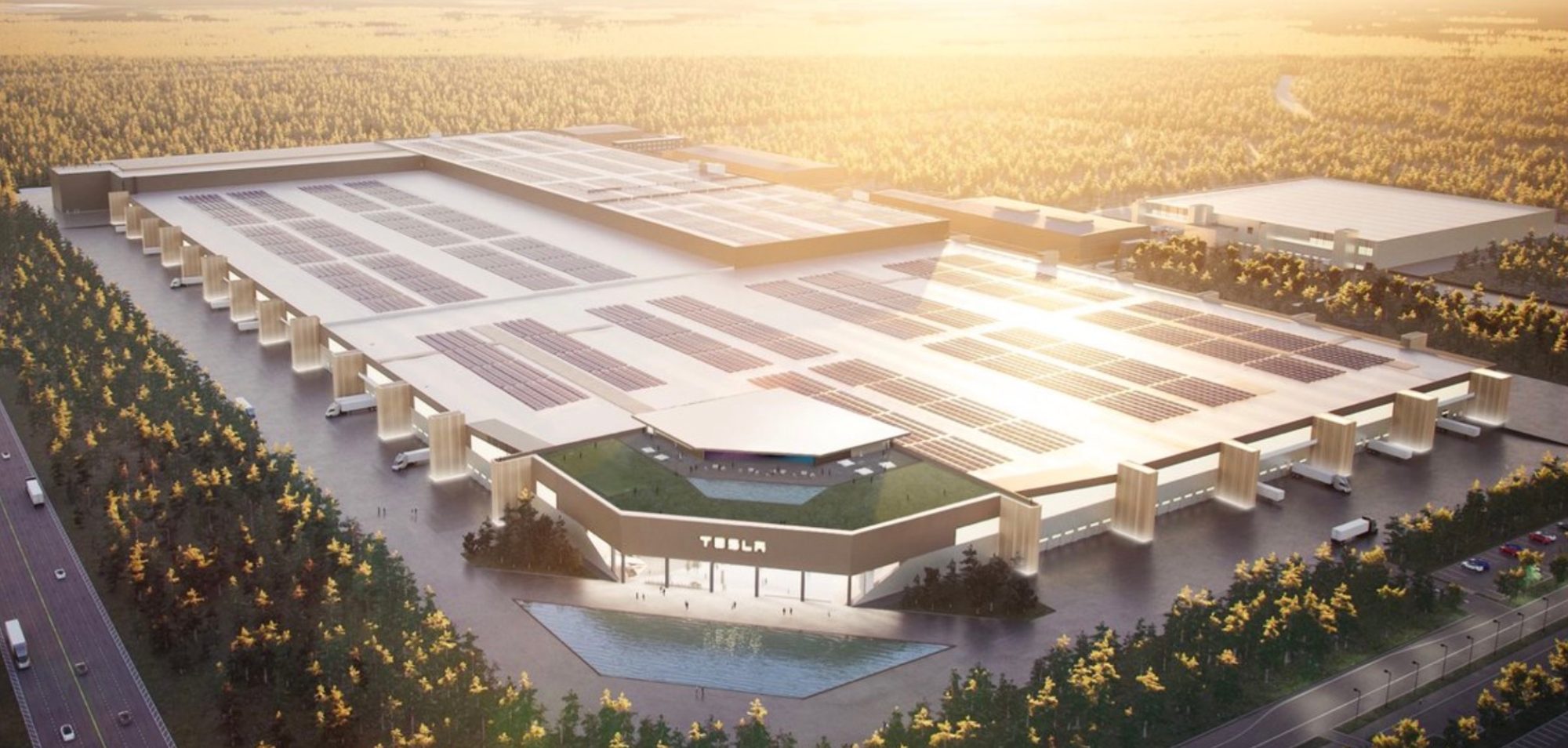Earlier this year, the final permit for the construction of the Tesla factory in Germany was presented. Documents that showed that the American brand was preparing a battery production facility. A few months later, Elon Musk changed his mind and sent new documentation to local administrations, indicating that they were giving up on this investment. Now less than a month later, Musk himself has backtracked again.
At the online conference where he presented the quarterly results, the head of Tesla assured that if they are going to put a cell and battery production line at the Grünheide plant, which will serve to satisfy part of the demand for a facility that, like we remember will have a maximum production capacity of 500,000 units per year.
Tesla is currently studying how to re-integrate this part of the production line into a movement that, for many responses to the recent project by the German government to give public aid to manufacturers that are committed to R&D and production of batteries within its borders.
The repercussions of the million-mile batteries: less environmental impact, more reuse, and a greater appreciation of the second-hand market.
An initiative presented just a few days after Tesla’s confirmation not to produce batteries in Germany, and which has been the initiative of the Federal Minister of Economy Peter Altmaier. A project that will mobilize 1,500 million euros in the first phase and which will benefit, among others, the consortium formed by the French group PSA and the oil company Total, to which Tesla will also very possibly join.
A project that imposes quite strict deadlines, and which means the companies that subscribe to it must start manufacturing batteries in 2022, entering production on an industrial scale by 2025. Germany estimates that by 2030 it will have between 7 and 10 million electric vehicles on its roads, so betting on its battery industry will be vital to ensure its competitiveness.
According to Minister Altmaier, Tesla will get money if it meets all the conditions. This means that the manufacturers that embark on this initiative must, in addition to producing batteries, also carry out research and development work in the same place. If these two conditions are met, the interested parties will start receiving funds starting this fall.
Something that paves the plans of the North American manufacturer intends to have the work completed by the summer of 2021, and start producing cars immediately. An activity that will later feature the part dedicated to the production of batteries, which will allow Tesla to achieve high competitiveness in the European market, further increasing its profit margins.

